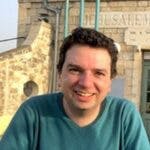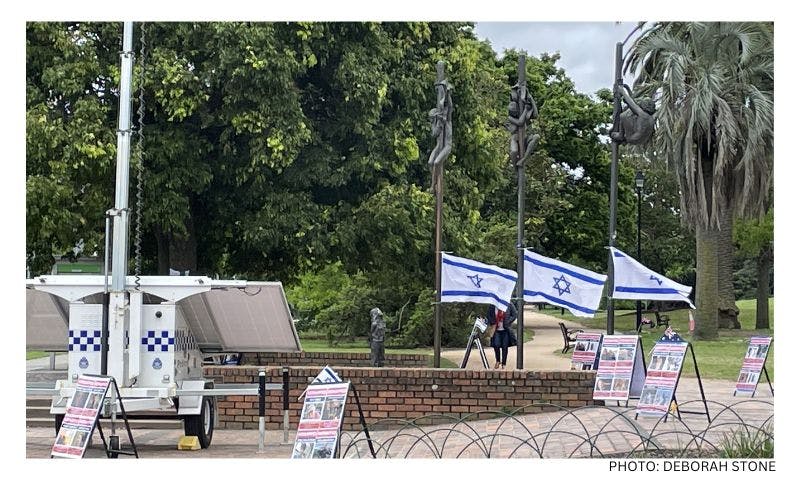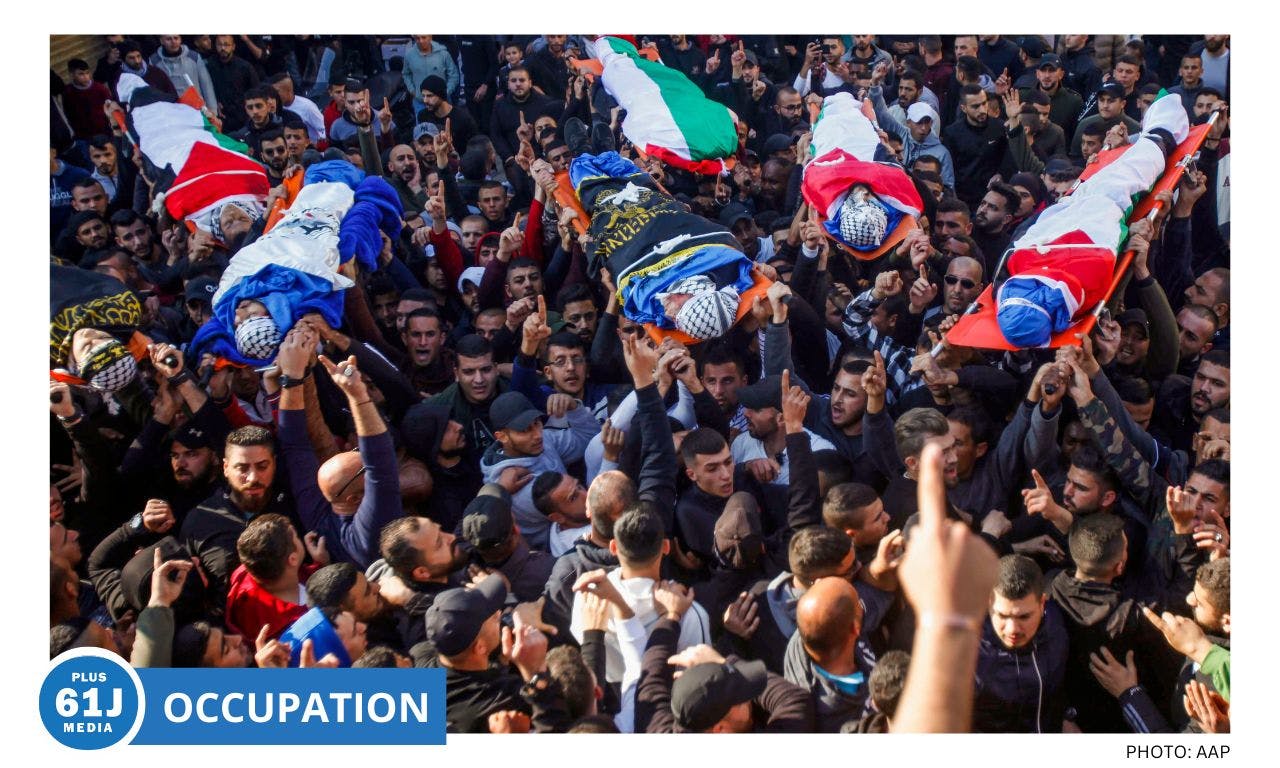Published: 30 September 2019
Last updated: 4 March 2024
As the cold war came to an end, we saw the Oslo Accords of 1993, Nelson Mandela winning the first democratic election of a new “rainbow nation” in 1994, and the Good Friday Agreement of Northern Ireland in 1998. Now, 20 years later, only the Israelis and Palestinians are no closer to the peaceful outcome that they hoped for when the Oslo process began.
To learn how the British and Irish resolved their troubles, and explore what similarities and contrasts exist between their conflict and our own, I visited Belfast for a week with 12 young people from the interfaith movement Kids4peace Jerusalem, where I am Education Director. Our program, which included encounters with former fighters and peacemakers from both protestant unionist and loyalist republican camps, was facilitated by Mason.
Encountering Israeli and Palestinian murals in Belfast
[embed]https://www.facebook.com/K4PJerusalem/videos/699904980433508/[/embed]
During the trip, we met several parents who had lost children to acts of terrorism in Belfast. The first was Gina Murray, who lost her 13-year-old daughter Leanne in the Shankill Road bombing carried out by the IRA in 1993. Her story was told in a play called “What If” that was performed on the opening night of Feile an Phobail, one of the largest cultural festivals in Europe. The festival was established in 1988 as a direct response to the Troubles, and to challenge the stigma of West Belfast, dubbed a “terrorist community” by the BBC.
The hour-long play, performed by the Spanner In The Works Theatre Company, records Murray’s struggle as she and her son Gary try and cope with the murder of their beloved Leanne.
If such raw emotion was hard for the audience, how difficult must it have been for Murray, who sat in the front row. During the performance, she could be seen blinking back tears and being comforted by relatives. The play received a standing ovation.
Seeing hundreds of Catholics pay to watch a play about a Protestant woman mourning the loss of her daughter, killed by a Catholic bomber, was incredible.
Imagine seeing a play in Ramallah centred around the story of a Jewish woman who lost a daughter in a suicide bombing, or a performance at the Jerusalem Theatre telling the story of a Palestinian boy who was killed by an Israeli soldier. Both are unthinkable.
The fact that in Belfast there are people on each side who can empathise with the suffering of the other, acknowledging that the pain was in large part due to their own national struggle, was incredibly powerful.
VIDEO: Encounters with Politicians at Stormont
Few people in Israel and Palestine today believe that politics will solve the differences between us. The same was true in Northern Ireland, until the Good Friday Agreement.
Hearing the stories of Nichola Mallon and Mike Nesbitt, two politicians that rejected violence and embraced dialogue and negotiation, gave us much food for thought.
Mallon, an Irish nationalist from the Social Democratic and Labour Party, told us, “There was a time here when people told us that politics didn't work, and you were considered weak if you thought that the political constitutional route was the way to go.
“But it’s come full circle. And what we have learnt is that the killing didn’t advance the change that we wanted. Politics has, and politics is.”
Speaking of the violence carried out by the IRA and UVF, she said, “I am sure that of the people who did engage in acts of political violence, not many of them would say to you, with hand on heart, that violence was counterproductive to their goals, but in their hearts they all know it was.
“Things have changed much more through the democratic process than by us killing each other, because at the end of the day this is my home, and this is Mike’s home.”
When challenged by a Palestinian student about the frustrating failure of politics to achieve peace in her home country, Mallon said the key to their success in ending violence in Northern Ireland was the building of personal relationships and trust across the political aisle.
Nesbitt, from the Ulster Unionist Party, added: “It’s no accident that the first thing you read in our agreement from 1998 is about relationships and making a fresh start.” He finished by challenging all the youth present: “Can you find a way of working together that is both in your best interest, and in the interest of your neighbour?”
[gallery columns="1" size="large" ids="31129"]
At a time when the loudest voices from Israel and Palestine are from those who see the conflict as a zero-sum game, wishing that only their side should win at the expense of the other side’s suffering, this was an important question for all to consider.
Reflecting on the many encounters I experienced in Belfast, I was inspired to see that despite how bleak the prospects for peace look between Israel and Palestine today, maybe it’s possible to hope for a better future.
Nothing summed this up more for me than the words I saw written on a wall at the Garrick Bar in Belfast on our last day. “A nation that keeps one eye on the past is wise. A nation that keeps two eyes on the past is blind.”
Perhaps these words should also appear in a cafe or two in Jerusalem.
Main photo: Mural of Irish activist Bobby Sands with group from Jerusalem (Ittay Flescher)




